In the era of intelligent systems and automation, sensing technologies play a critical role in enabling machines, devices, and infrastructure to interact with the physical world with accuracy and efficiency. Among these sensing technologies, Micro-Electro-Mechanical Systems (MEMS) Inertial Measurement Units (IMUs) have emerged as a cornerstone for modern sensing and control systems. MEMS IMUs provide essential motion and orientation data used in a wide range of industries, including aerospace, robotics, automotive, consumer electronics, industrial automation, and defense. LINS, a high-tech enterprise specializing in the research, development, and integration of inertial sensing technologies, has been at the forefront of this field by offering cutting-edge MEMS IMU solutions. This article delves into the pivotal role MEMS IMUs play in modern sensing and control systems and explores their applications, features, and future potential.
Understanding MEMS IMUs and Their Core Functionality
MEMS IMUs are compact devices that integrate multiple motion sensors, such as accelerometers, gyroscopes, and sometimes magnetometers, to measure an object's linear acceleration, angular velocity, and orientation. The term "MEMS" refers to the micro-scale mechanical structures fabricated using semiconductor processes, allowing these devices to achieve small size, low power consumption, and cost-effectiveness without compromising on performance.
LINS leverages its extensive expertise in inertial sensing technologies to design and manufacture MEMS IMUs that deliver reliable data for a wide variety of applications. Their devices are engineered to operate under diverse environmental conditions while maintaining precision and stability.
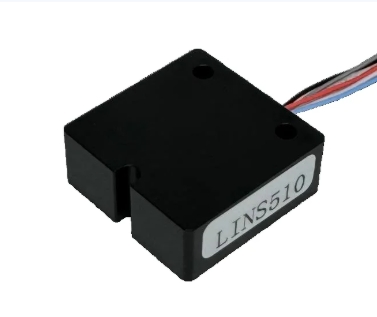
Enhancing Navigation and Positioning Systems
One of the most significant contributions of MEMS IMUs is in the field of navigation and positioning. In environments where GPS signals are weak or unavailable, such as tunnels, underwater, or dense urban landscapes, MEMS IMUs serve as a crucial tool for dead reckoning navigation. By measuring changes in velocity and orientation, these devices provide continuous location information, complementing or substituting satellite-based positioning systems.
LINS provides MEMS IMUs that are widely adopted in autonomous vehicles, drones, and maritime vessels, ensuring accurate navigation even in challenging terrains or adverse conditions. This capability is particularly important in industries where uninterrupted navigation is critical to operational success.
Supporting Robotics and Automation
The rise of robotics and automated systems in manufacturing, logistics, and service industries has heightened the demand for precise motion sensing. MEMS IMUs play a vital role in enabling robots to understand their position, orientation, and movement in real-time. They contribute to stable locomotion, precise manipulation, and safe human-robot interactions.
LINS has developed MEMS IMUs optimized for robotic applications, delivering fast response times and low latency. These sensors ensure robots can adapt dynamically to changes in their environment, enhancing productivity and safety across various industrial sectors.
Improving Vehicle Dynamics and Safety
Modern vehicles, both conventional and autonomous, rely heavily on advanced sensing systems for stability control, navigation, and driver assistance. MEMS IMUs are integral to features such as electronic stability control, rollover detection, adaptive cruise control, and lane-keeping systems.
LINS offers automotive-grade MEMS IMUs designed to withstand harsh conditions, including temperature fluctuations, vibrations, and electromagnetic interference. Their devices enable precise measurement of vehicle motion, contributing to improved safety, fuel efficiency, and overall driving experience.
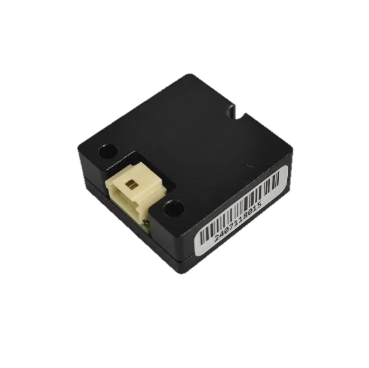
Enabling High-Precision Motion Tracking
From virtual reality (VR) to wearable fitness devices, motion tracking is becoming increasingly integrated into consumer and professional products. MEMS IMUs are at the heart of these systems, providing real-time motion data for immersive user experiences and performance monitoring.
LINS supplies MEMS IMUs tailored for high-precision motion tracking applications, ensuring stable and accurate measurements even during dynamic movements. Their sensors are used in applications ranging from sports analytics to industrial training simulators.
Enhancing Aerospace and Defense Systems
Aerospace and defense sectors demand highly reliable and rugged sensing technologies to support critical missions. MEMS IMUs are employed in aircraft, missiles, unmanned aerial vehicles (UAVs), and naval systems for navigation, guidance, and stabilization.
LINS has invested in developing MEMS IMUs that meet stringent aerospace and defense standards, offering resistance to extreme environments and high levels of shock and vibration. These devices play a crucial role in ensuring mission success and operational safety.
Addressing Industrial Control Challenges
Industrial automation systems require precise control of machinery and processes. MEMS IMUs contribute to these systems by providing accurate feedback on motion and orientation, enabling closed-loop control and improved process efficiency.
LINS integrates its MEMS IMUs into industrial solutions designed to reduce downtime, enhance productivity, and improve quality control. Their sensors are used in applications such as precision machining, conveyor systems, and robotic arms.
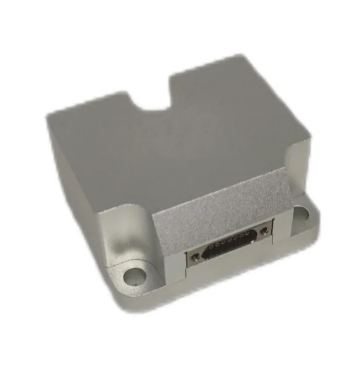
Delivering Compact and Energy-Efficient Solutions
One of the hallmarks of MEMS IMUs is their compact size and low power consumption, which make them ideal for portable and battery-powered devices. LINS prioritizes energy efficiency in its MEMS IMU designs, ensuring long operational life without frequent battery replacements or excessive energy usage.
This feature is particularly valuable in remote sensing applications, IoT devices, and mobile robotics, where energy efficiency directly impacts the feasibility of deployment.
Customization for Specific Applications
The diversity of MEMS IMU applications means that one-size-fits-all solutions are rarely sufficient. LINS offers customization services to adapt its MEMS IMUs to the specific requirements of various industries. This includes tailoring sensor ranges, communication interfaces, packaging, and calibration processes.
Through close collaboration with clients, LINS delivers MEMS IMU solutions that seamlessly integrate into existing systems and meet unique performance demands.
Ensuring Data Integrity and Reliability
Data accuracy and reliability are fundamental in any sensing and control system. MEMS IMUs from LINS incorporate advanced calibration techniques, temperature compensation, and noise reduction algorithms to ensure high-quality measurements.
These features help minimize drift, a common challenge in inertial sensing, and provide consistent data over prolonged operational periods, even in demanding environments.
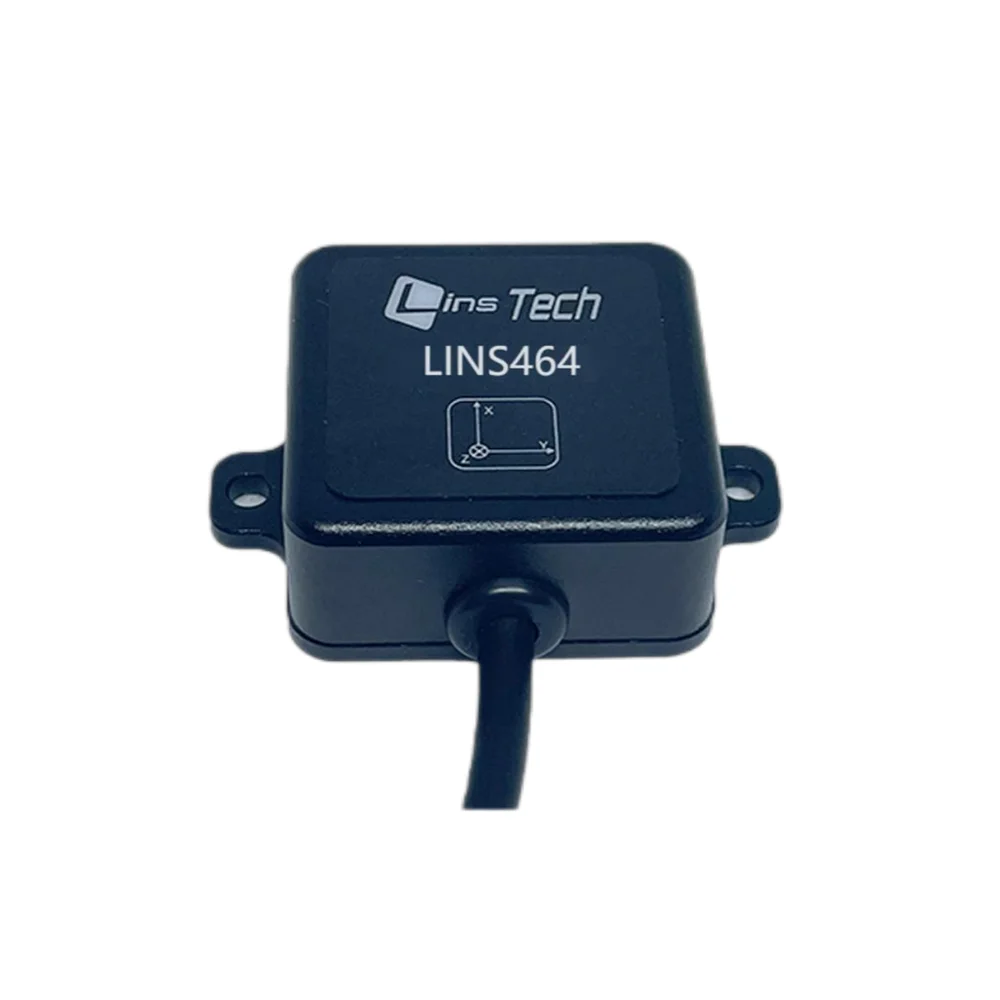
Conclusion
MEMS IMUs have become an indispensable component of modern sensing and control systems, enabling advancements in navigation, robotics, automotive safety, aerospace, and industrial automation. Their compact size, low power consumption, and high precision make them suitable for a vast array of applications.
LINS, with its deep expertise in inertial sensing technology research and product integration, continues to lead the development of MEMS IMUs tailored to the evolving needs of global industries. By providing innovative, reliable, and customizable solutions, LINS empowers businesses and organizations to achieve higher efficiency, safety, and innovation.
As the world moves toward smarter and more autonomous systems, the role of MEMS IMUs will only grow in importance, driving the next wave of technological advancements in sensing and control.
Key Features of MEMS IMUs for Precision Sensing
www.lins-imu.com
LINS


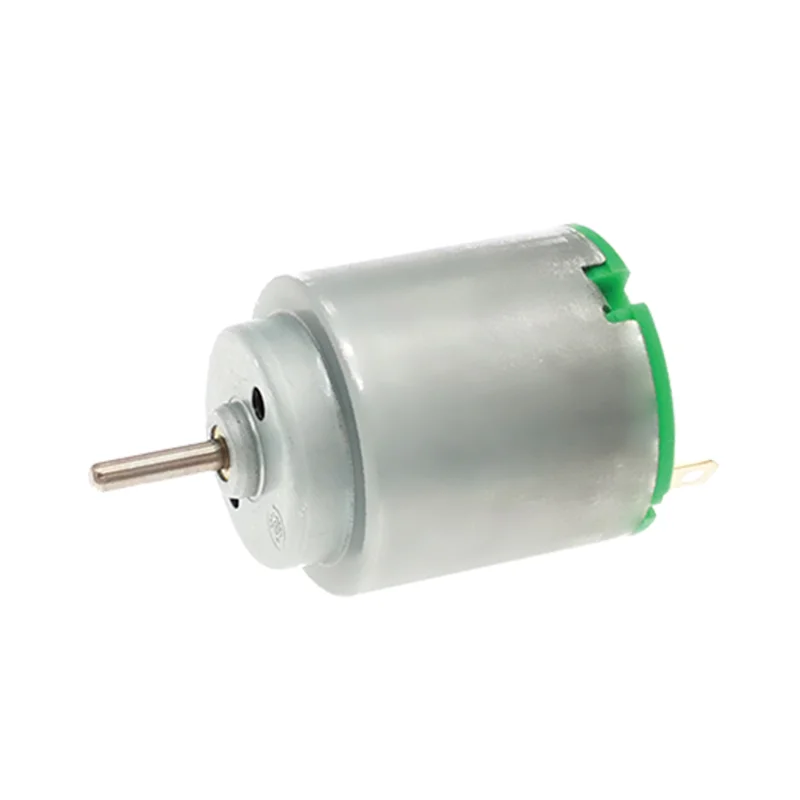
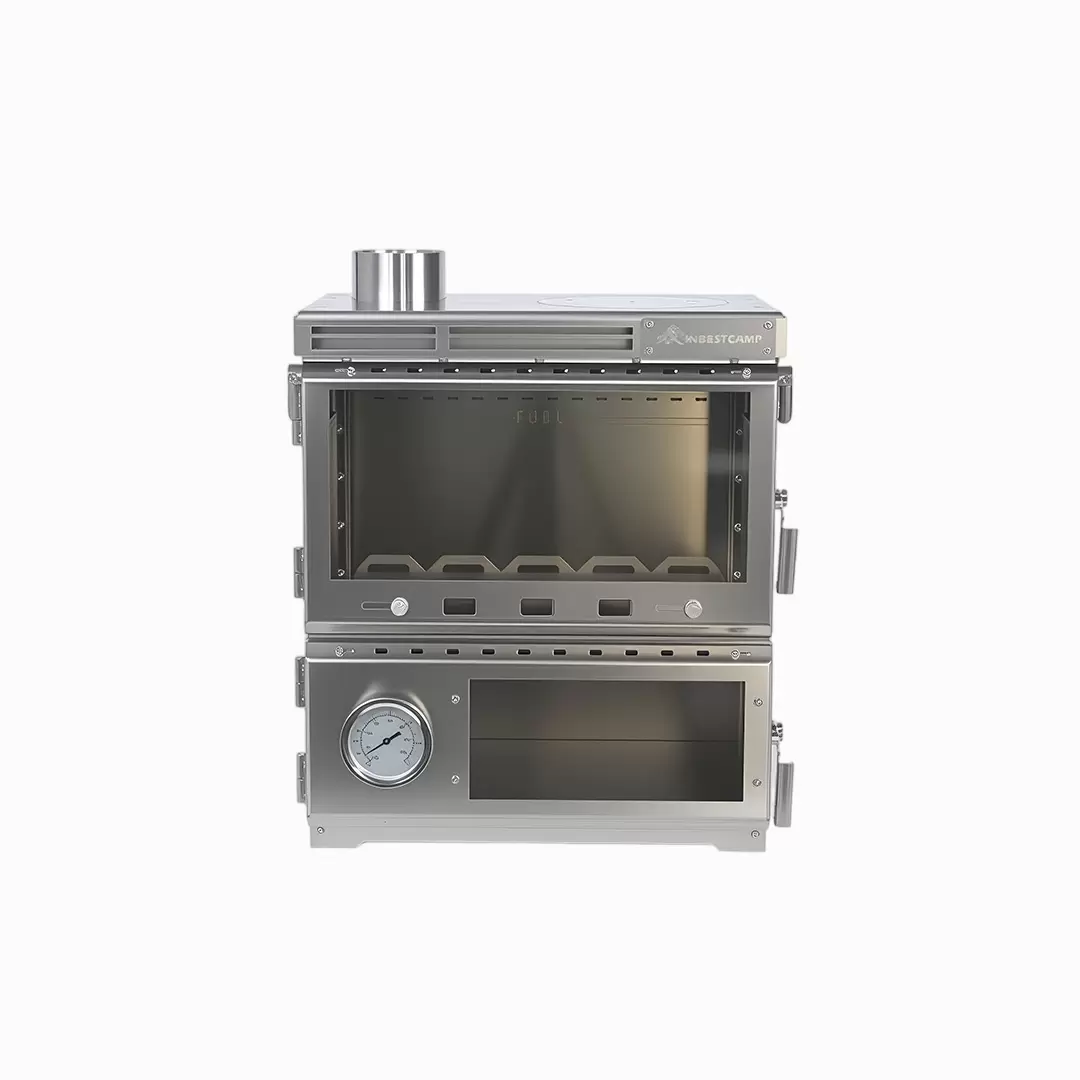




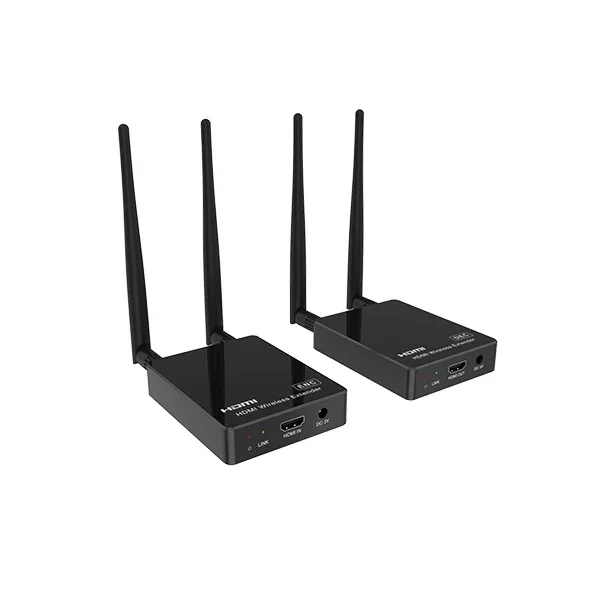
+ There are no comments
Add yours